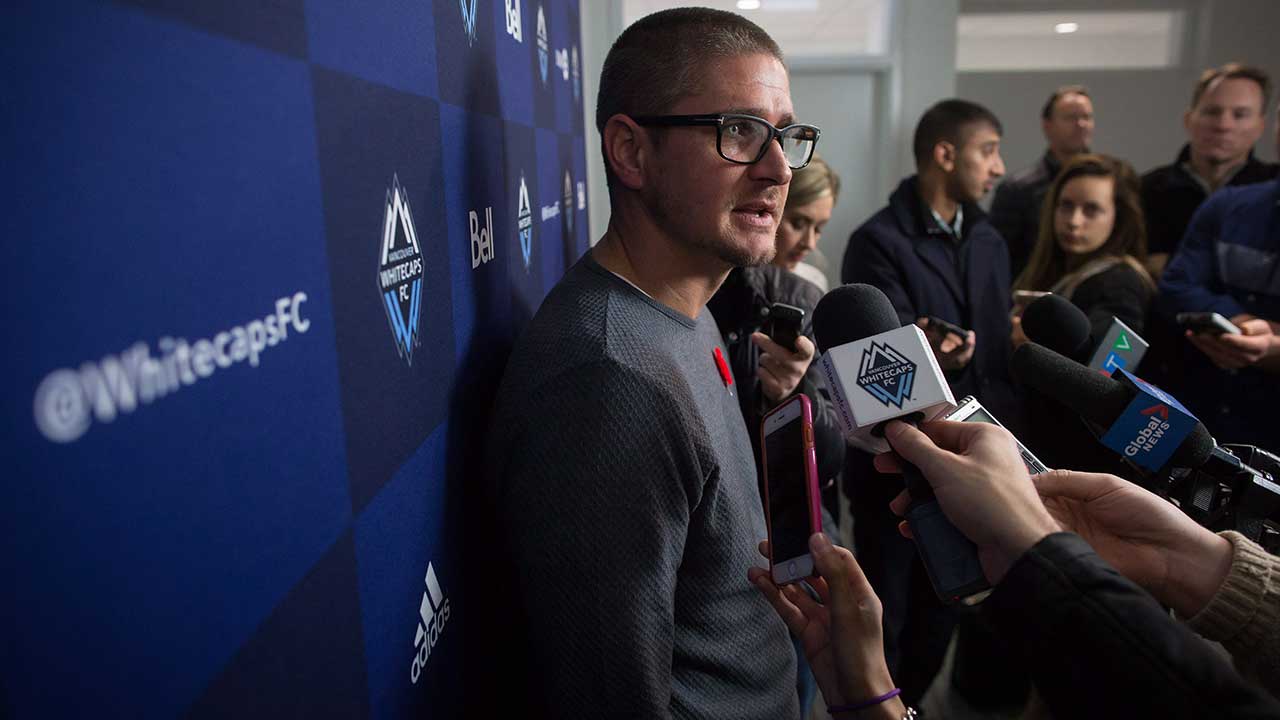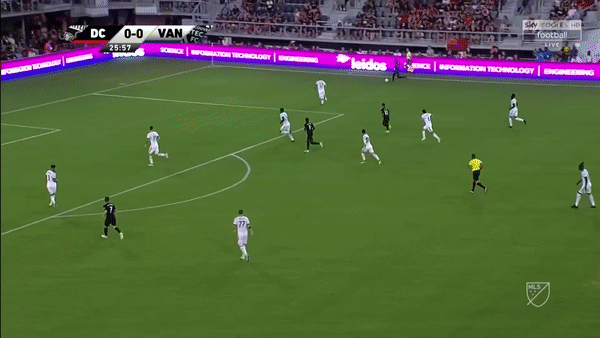Betting Secrets: The Best Football Betting Strategy & Much More Revealed



News of the Vancouver Whitecaps firing coach Carl Robinson on Tuesday with five matches remaining in the 2018 season shocked many across MLS.
It was somewhat understandable on the surface. Hired before the 2014 season, Robinson guided the Whitecaps to three playoff appearances and broke a few team records along the way.
However, it became apparent that a change needed to be made. Indiscipline was costly to Vancouver in several matches and the defence has only two clean sheets this season. The once-stingy back line, usually a Robinson staple, was no longer as stable as previous years, and this defies his preferential counter-attacking 4-2-3-1 system which relies on a strong defence.
Update: 30 red cards for #VWFC under Carl Robinson.
Eight this season alone, and it's still July. https://t.co/LUmUYUBBrg
— Peter Galindo (@GalindoPW) July 21, 2018
What didn’t suffer was the attack. Kei Kamara, one of the major off-season acquisitions, has 13 goals in 24 MLS games, level with Fredy Montero – Vancouver’s top scorer in 2017 – who notched the same total in 33 appearances.
The attack in general actually improved each year as well, with the Whitecaps on pace to finish with its highest-ever goals tally under Robinson.
#VWFC goals & goals per 90 (all competitions, including playoffs) under Robinson:
2014: 46 in 37 (1.24 per 90)
2015: 54 in 44 (1.23 per 90)
2016: 60 in 42 (1.43 per 90)
2017: 63 in 47 (1.47 per 90)
2018: 44 in 28 (1.57 per 90)
*Error on 2014 clean sheets. It's 13 in 37. https://t.co/H7w9VacwqA
— Peter Galindo (@GalindoPW) August 16, 2018
But for the season at hand, the major issue has been the 56 goals conceded. Defenders take the majority of blame, although the midfield has been outmatched in most games.
One major flaw has been that the Whitecaps defend deep in their third of the pitch. When the midfield and defence are bunkered down, this invites the opponent’s centre-backs to push even higher, which leads to a significant amount of pressure on the defence.
There’s Yamil Asad’s goal against the Whitecaps from July 15 as an example. The midfielders are in the box, yet the referee is actually standing where the Vancouver duo should be positioned. This allows Asad to place his shot into the top corner without anyone closing him down.

Sometimes the Whitecaps managed to weather the storm and pick up a result, such as the 2-2 draw with New York City FC on Aug. 4. It also cost them in the aforementioned loss to D.C. United.
The lack of tactical flexibility plagued the Whitecaps at the worst of times. In last year’s Western Conference semifinals, the Whitecaps hosted a heavily depleted Seattle Sounders side. Robinson’s cautious approach led to a 0-0 draw at home in the opening leg. Seattle’s starters returned to full fitness for the return game, and the Sounders cruised to victory with Vancouver being outshot 20-7 in the match.
The elimination in 2015 by the Portland Timbers was eerily similar as well. Despite hosting the second leg, Vancouver’s record-breaking campaign ended with a whimper as the Timbers shut out the Whitecaps 2-0.
Counter-attacking soccer can work. The New York Red Bulls have proven that for years. But when the opposition prepares for that scenario, improvisation and in-game tactical switches have to be utilized. This rarely occurred under Robinson.
The Whitecaps had the players who were capable of this as well. Look no further than Alphonso Davies, who is among the most-fouled players in MLS and attempts more dribbles per game than anyone else in the league, per WhoScored.com.
Yordy Reyna and Cristian Techera are also very technically gifted players with loads of flair on the ball. They have been known to win matches on their own. Reyna certainly played a crucial role in the victory over the Montreal Impact in the second leg of the Canadian Championship semifinals.
Perhaps the most scathing indictment of Robinson’s final season was how he continually sold his team as a gritty underdog. Even more peculiar was how the Welshman insinuated that his players weren’t up to the standard of their opponents.
“If I don’t use us-against-them, I wouldn’t be doing my job,” Robinson told ESPN back in April. “It’s really important to have a good team spirit and that’s why we’ve had the success that we’ve had. It helps me every day, because how else could I get my players to compete against the types of players they’re playing against every week?”
That would be understandable if the club was 23rd out of 23 teams in wage expenditure. In 2017, Vancouver’s team payroll was approximately $7.9 million, the ninth highest wage bill in MLS. Spending increased to $8.2 million this year, which is now 16th in the league.
However, the New York Red Bulls, one of the league’s marquee teams, spends less on wages than Vancouver. The Red Bulls have been among MLS’ lowest spenders since 2015, yet they’ve consistently challenged for the Supporters’ Shield, have a clear identity and sign players who fit into their system.
Meanwhile, the LA Galaxy spent millions of dollars on their defence, yet they’ve shipped 59 goals this season and might miss the playoffs altogether. It’s not how much a club spends, it’s about how they utilize their cash, which the Red Bulls and Columbus Crew do best.
This doesn’t seem to be the case with Vancouver. Efraín Juárez earns about $620,000 and has been a huge disappointment this season. His lack of pace and indiscipline simply don’t work in a counter-attacking system, yet Juárez earns more than the likes of Orlando City’s Yoshimar Yotún ($600,000), who is a key player for the Peruvian national team. Designated player Brek Shea is also on a big ticket, yet he’s failed to solidify a role in the side.
Robinson was allegedly responsible because scouting and player recruitment were part of his job description. He had total discretionary spending for his implemented budget per the Province. This shows there was no clear transfer strategy which is inexcusable for a top-flight club.
There were other inexplicable events as well. Players were constantly deployed in unfamiliar roles. Davies occasionally moved to left-back and Russell Teibert was converted from an attack-minded winger into a gritty defensive midfielder. Yordy Reyna was tasked with playmaking duties, when he’s far more effective as a second striker on the wing.
Then there was the lack of consistent minutes for academy graduates. The Athletic recently ranked the Whitecaps Residency Program as the fifth best academy in MLS. However, outside of Davies and Teibert, no youth product has become a key contributor. Kianz Froese, Sam Adekugbe and Marco Bustos were barely given a sniff of the first team before they were sold or released.
Ultimately, the failure to adapt tactically and signing players who didn’t fit the system eventually caught up with Robinson and the Whitecaps. With their post-season hopes rapidly fading, team management must have realized that the time was now.
Comments
Post a Comment